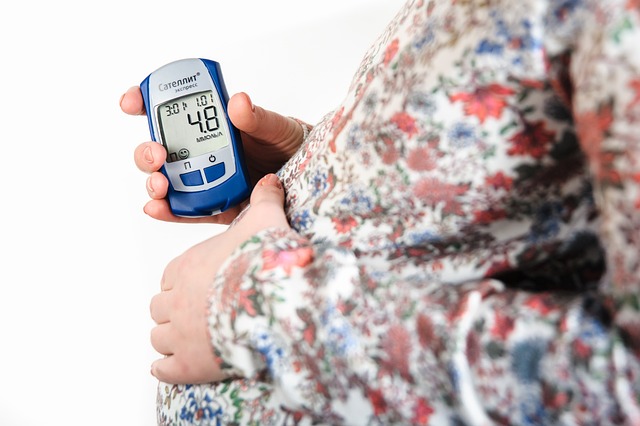Hey there! If you’re considering egg freezing, also known as oocyte cryopreservation, you’re not alone. More and more people are choosing this option to keep their fertility options open for the future. Maybe you’re busy with your career, haven’t met the right person yet, or are dealing with a medical issue that could impact your fertility. Whatever the reason, freezing your eggs can offer some peace of mind. But before you dive in, let’s break down some important things to think about.
1. Why Freeze Your Eggs?
Freezing your eggs lets you store healthy eggs for later use. It’s a great option for:
- Those who want to put off parenthood to focus on their careers or personal lives.
- Patients facing medical treatments, like chemotherapy, that could affect their fertility (this is often called oncofertility).
- Individuals with a family history of early menopause or reduced ovarian reserve.
Just remember, while egg freezing can boost your chances of pregnancy later, it doesn’t guarantee it.
2. When Should You Freeze Your Eggs?
Egg quality and quantity start to decline as you age, especially after 35. The earlier you freeze your eggs, the better the chances they’ll be viable down the road. Ideally, your late 20s or early 30s are prime times for this. However, if you’re in your mid-to-late 30s and have a good ovarian reserve, it’s still worth considering.
3. The Egg Freezing Process
Here’s a quick look at what to expect during the process:
- Initial Consultation & Testing: You’ll meet with a fertility specialist to go over your medical history and fertility goals. They’ll do some tests to check your reproductive health and see if egg freezing is right for you.
- Ovarian Stimulation: You’ll take hormone injections for about 10-14 days to stimulate your ovaries to produce multiple eggs. Expect to visit the clinic frequently for monitoring.
- Egg Retrieval: This is a minor outpatient procedure where your eggs are collected under sedation.
- Freezing: The eggs are frozen using a technique called vitrification, which helps keep their quality.
4. Costs and Financial Considerations
Be prepared for some costs. Generally, you’ll need to budget for:
- Medications for ovarian stimulation.
- The egg retrieval procedure.
- Annual storage fees for your frozen eggs.
Some employers offer fertility benefits, so it’s a good idea to check with HR. As of January 2025, the total cost for an egg freezing cycle at our clinic is around $9,000, which includes monitoring, retrieval, cryopreservation, and one year of storage. After the first year, storage costs $800 annually. You can explore financing options to make this more manageable.
5. Success Rates
Success with egg freezing depends on a few factors, like your age and the number of eggs frozen. Here’s how success is typically measured:
- Survival Rate After Thawing: Not all eggs survive the thawing process, but with modern techniques, survival rates are usually about 85-90% for eggs frozen from younger patients.
- Fertilization Rate: After thawing, the eggs are fertilized. Generally, 70-80% of thawed eggs will fertilize successfully.
- Blastocyst Development: About 50% of fertilized eggs will develop into healthy blastocysts.
- Implantation and Pregnancy Rates: Ultimately, the goal is a live birth. On average, one frozen egg has a 5-12% chance of resulting in a baby, so more frozen eggs can improve your chances.
Factors like your age when freezing, the number of eggs, and the clinic’s expertise can all influence these rates. If you’re curious about how many eggs you might need, check out our other blog post on decreased fetal movement.
6. Emotional and Psychological Factors
While egg freezing can be empowering, it might also bring emotional ups and downs. Hormonal treatments can affect your mood, and the uncertainty of what lies ahead can be stressful. It’s important to have a support system in place and consider talking to a counselor or joining a support group.
7. Finding the Right Clinic
Not every fertility clinic is the same. When selecting one, consider:
- Their experience with egg freezing and thawing.
- Success rates for patients in your age group—our 2022 Preliminary SART Report can help you compare.
- The level of support and guidance they offer throughout the process.
Is Egg Freezing Right for You?
Ultimately, the decision to freeze your eggs is a personal one that depends on your unique circumstances. By understanding the process, costs, and potential outcomes, you can make a more informed choice about your fertility journey. If you want to learn more, consider checking out this excellent resource on in vitro fertilization or visit Make A Mom for their insights into at-home insemination options.
Summary
Egg freezing is a valuable option for those looking to preserve their fertility. It’s essential to understand the reasons for freezing, the best timing, the process involved, the associated costs, and the success rates. Emotional aspects and choosing the right clinic are also crucial steps. Ultimately, it’s about making the best decision for your future family-building goals.

